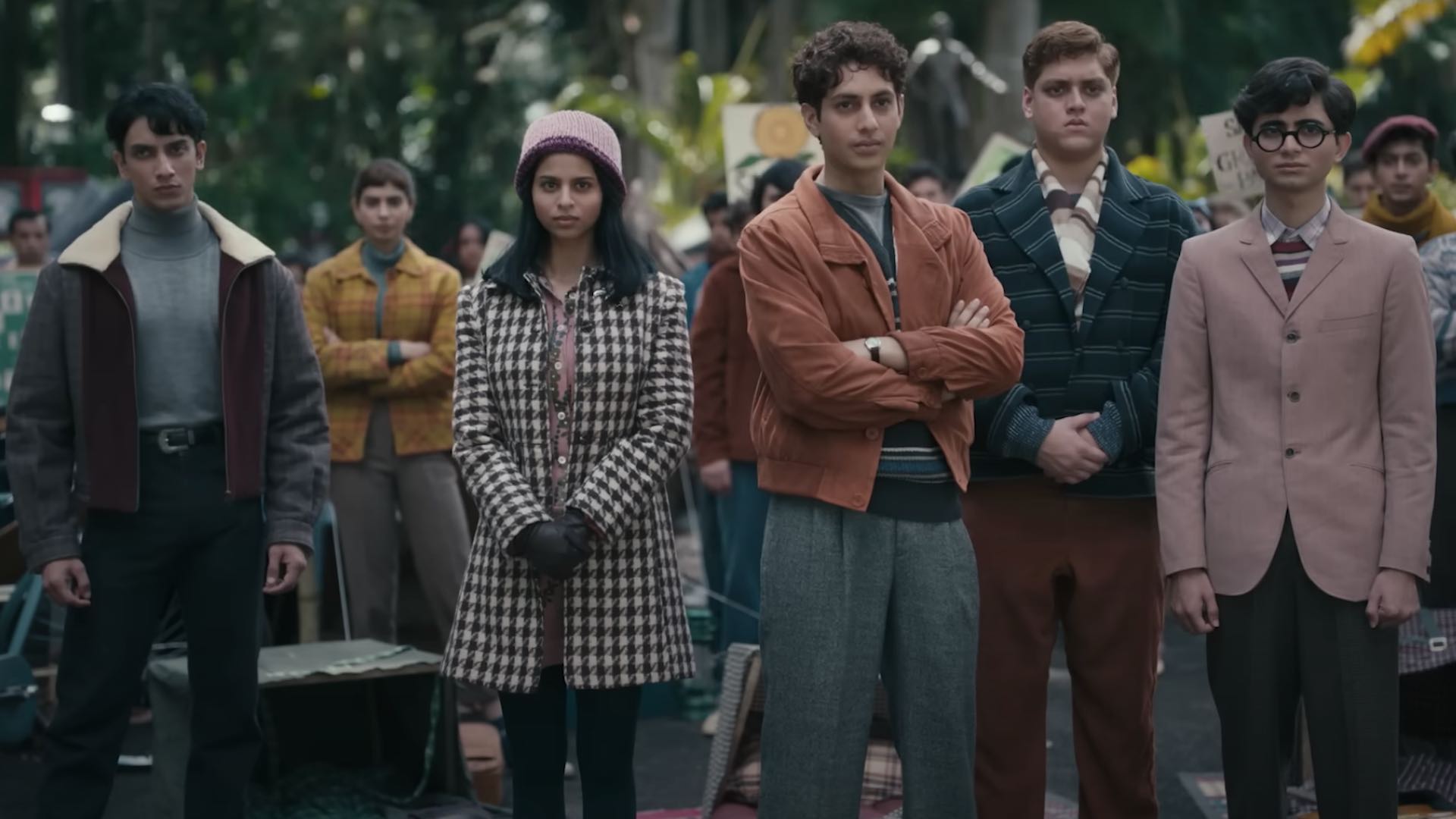In an industry where star power often paves the way, Netflix’s “The Archies,” directed by Zoya Akhtar, was expected to be a shining debut for a new generation of Bollywood’s elite. However, the reality that unfolded post its release on December 7, 2023, was starkly different. The film, amidst its extravagant promotion and a star-studded premiere, has found itself in the midst of a raging storm of criticism, primarily for the acting prowess, or the apparent lack thereof, of its leading stars, Suhana Khan and Khushi Kapoor. This reaction is not just a mere disappointment but a profound statement on the changing dynamics of audience expectations and the definition of merit in the Indian film industry.

At the heart of the audience’s discontent lies the performance of Suhana Khan. Being the daughter of Shah Rukh Khan, one of Bollywood’s famous actors, the expectations were sky-high. However, her portrayal in “The Archies” has been met with severe backlash. Netizens and viewers have described her performance as lackluster and devoid of the charisma and skill expected of a lead actress. The critiques are not just confined to her acting skills but extend to her dialogue delivery, screen presence, and overall impact.
Her performance starkly highlights the gap between the inherited fame and actual talent, drawing attention to the ongoing debate about nepotism in Bollywood. Suhana’s struggle to step out of her father’s shadow and carve her niche becomes evident through this film, where her acting has not only been compared to but starkly contrasted with Shah Rukh Khan’s over-the-top acting. While Suhana Khan’s performance bore the brunt of criticism, Khushi Kapoor, daughter of the late iconic actress Sridevi, also didn’t escape the audience’s discerning eyes. Although her performance was somewhat overshadowed by the more vehement reactions to Khan’s acting, Kapoor’s portrayal was also viewed under a critical lens.
In comparison, her acting was considered marginally better, but this only served to highlight Khan’s deficiencies more. This comparison between the two leads became a focal point, showcasing how even within the realms of nepotism, there are varying degrees of acceptance and rejection based on individual talent and performance. The film, thus, became a crucible for these young actors, testing their abilities to stand and deliver in an industry that is increasingly becoming unforgiving and demanding of genuine talent.
“The Archies” represents more than just a film; it symbolizes a turning point in the Indian film audience’s perception and acceptance. The film’s reception is a clear indication of the shifting sands in Bollywood, where lineage or background is no longer a sure-shot ticket to success. The audience’s reaction to “The Archies” underscores a growing demand for quality, talent, and authenticity in performances, overshadowing the once dominant lure of nepotism. This change is not just about rejecting a few performances but is indicative of a larger movement towards meritocracy in an industry historically dominated by family names and connections. It’s a wake-up call for the industry, signaling the need for a reevaluation of how stars are made and presented to the public.
In conclusion, Netflix’s “The Archies” serves as a mirror reflecting the evolving expectations of the modern audience from the Indian film industry. The film, with its high-profile lineage and backing, became a litmus test for the industry’s young stars, a test that revealed the widening gap between public expectations and the reality of star-driven cinema. The overwhelming response, particularly focusing on Suhana Khan’s acting abilities, is a clear message that the audience today values skill and talent over familial ties and star power. This marks a significant moment in Bollywood, where the narrative is gradually shifting from dynasty to merit, from lineage to genuine artistry.
